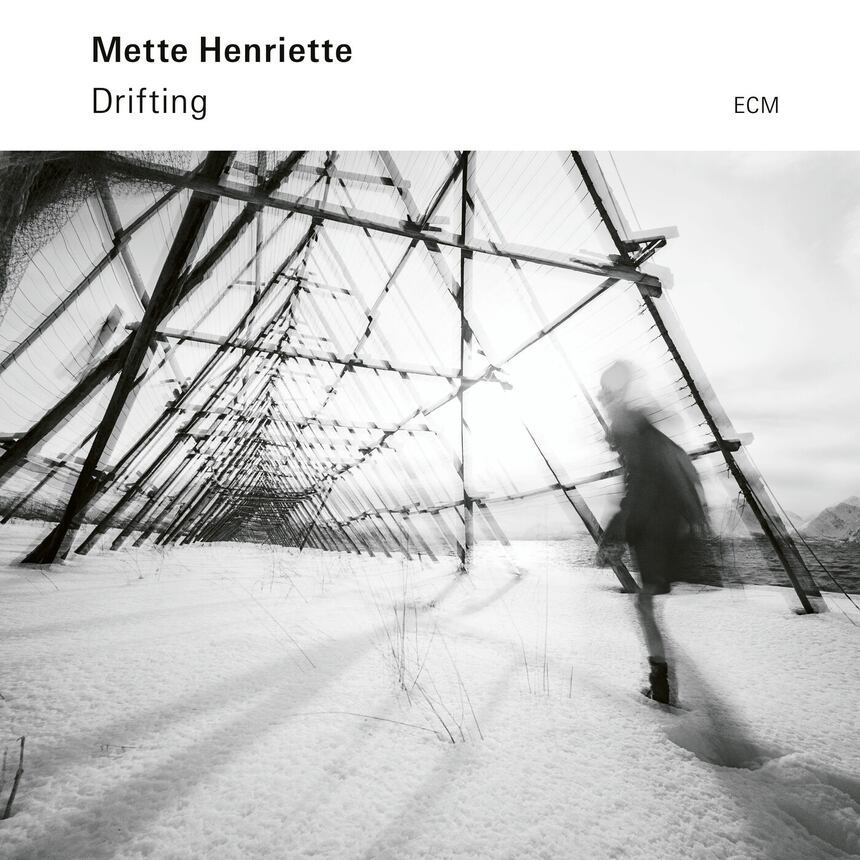How did you first become interested in playing the saxophone, and what drew you to the experimental style of playing/composing?
A spark lit inside me the moment I touched a saxophone for the first time as a girl. It has been alive ever since. Growing up in Norway, I was surrounded by a diverse music scene which allowed me to follow my curiosity, instinct and interests. So I think the way I make music has developed naturally over the years without ever conceptualising it.
What do you enjoy most about performing and composing experimental music? How would you describe what you do to someone who has never heard of you?
The freedom. And perhaps also the unknown. I enjoy trusting the creative process and where it takes me — carving a path rather than leaning on familiar solutions of the past.
It has been a few years since your self-titled debut album - how have you expanded your musical range since then? What can people expect from this new album?
Alongside touring Internationally with my trio (pianist Johan Lindvall and cellist Judith Hamann) I have been composing music for the Oslo Philharmonic and Arctic Philharmonic, as well as creating some stage pieces co-commissioned by documenta14, Berliner Festspiele, Munch Museum, Manchester International Festival and Arctic Arts Festival. I also toured with Nicolas Jaar and did some theatre, ballet and film projects. In these creative processes, I worked with ensembles ranging from solo to symphony orchestras and even cross-disciplinary constellations, so I got to stretch my imagination and craft widely over these years, which has been inspiring and stimulating. An album is a different format than those projects of course, but indirectly I am sure Drifting reflects this journey I have been on.
Mette Henriette (Album EPK) | ECM Records
ECM RecordsYou mentioned that on Drifting "your creative agency is fundamentally different from what you’ve done previously." Where did this new direction come from and how is your creative process different to that on your last album?
What makes this music special to me is that it is in movement. While writing this music I imagined it would continue to grow and branch out into various instrumentations, improvisations and compositions. So the record is like a cross-section in time, pointing in a direction rather than dwelling upon itself — as if drifting with the forces of nature.
How do you see the role of the saxophone evolving in experimental music, and what direction do you hope to see it take in the future?
Luckily, I do not know. It is up to the imagination of the musicians in the scene. Most of the musicians I know who can be described as experimental work in a wide range of other genres. So I am sure that regardless of what direction everyone is drawn to, the span of expressions will be wide and a lot will not be so exposed, so listeners will find a lot of wonderful things as they keep discovering.
Could you recommend any resources (books, recordings, etc.) for listeners interested in exploring experimental music further?
Curiosity. I believe this compass leads us to concerts, conversations, records, books, cinemas and other situations that will point to the next thing and next thing and next thing — which altogether form an individual understanding and roadmap of what experimental music can be.

